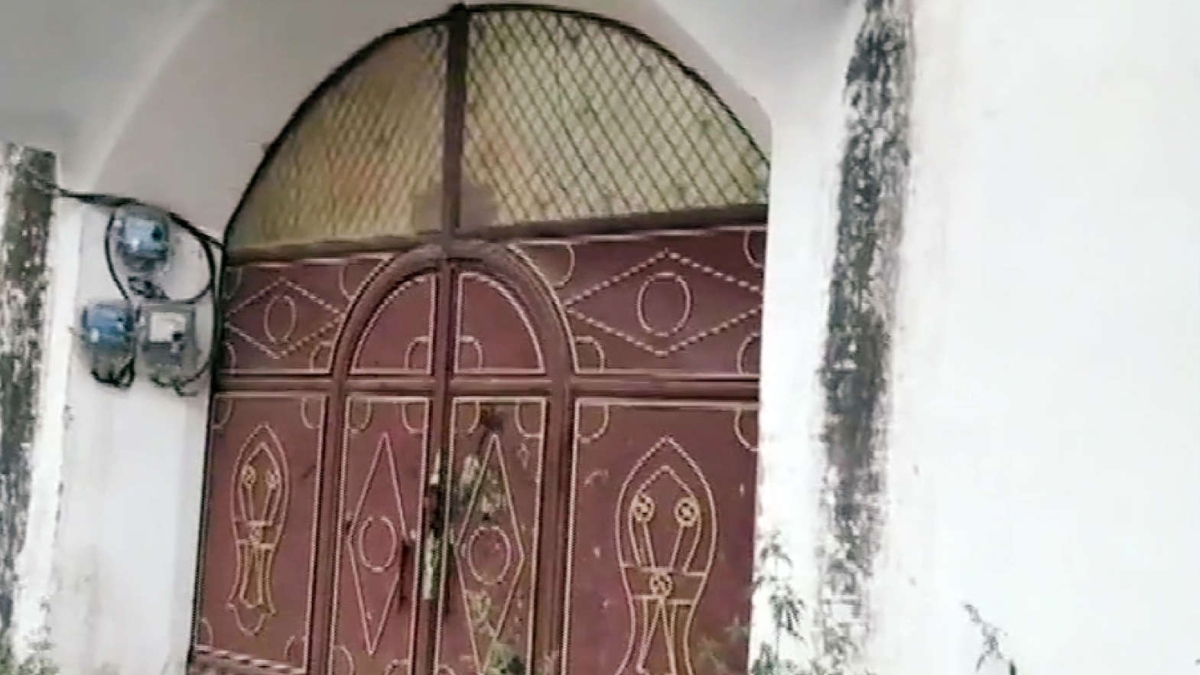


It is of immense significance that Saudi Arabia has banned the Islamist preachers’ group Tablighi Jamaat, by calling it “one of the gates of terrorism”. Riyadh has also asked the clerics of the Kingdom to devote their next Friday sermon on the dangers of following the Tablighi Jamaat and the Da’wah group. As the leader of the Islamic world, anything that Saudi Arabia says or does concerning the Islamic ummah has reverberations around the world. Considering the involvement of Saudi individuals in the spread of the radical ideology of Wahhabism across the world, the latest move is a welcome shift and is in keeping with Saudi Crown Prince Mohammad Bin Salman’s efforts to move his country towards modernisation. And now consider any such move being contemplated by the Indian authorities and the consequent hue and cry, resulting in the politicization of the matter. We had a glimpse of that during the first wave of coronavirus, where the Tablighis were part of a super-spreader event at their Delhi centre. Trying to disperse them was no easy task and took place only after much negotiation, and from the behaviour of some of the attendees towards healthcare workers it was obvious the kind of radicalism that had infiltrated the ranks of the Tablighi Jamaat—right under the noses of the authorities. But even then the Central government did not take any step of banning them for the likely political noise that would get made both here and abroad, and possibly also because of the fear of alienating a section of minorities involved with this group. But now that Saudi Arabia has acted against the Tablighi Jamaat, it is hoped that a close eye is being kept on the activities of the group in India, and if needed appropriate action will be taken whatever be the noise. The State cannot afford to be soft on these matters.
We should not return to an era where action was not taken against extremist groups even though there was credible intelligence on their activities. Frustrated intelligence people would sometimes use the media to send out the message. In fact, once The Sunday Guardian published a report on the activities of an extremist group that the intelligence agencies were monitoring, only to be threatened to be taken to the law courts by the concerned group, which went to a great extent to try and burnish its image. It took a change in government in New Delhi in 2014 for the agencies to get the group banned for their extremism. Looking back, between 2004 and 2014, more time was spent by the authorities chasing the mirage of “Hindu terror” than letting the concerned people catch the actual terrorists. And even when the terrorists were caught or gunned down, more effort was given to try and paint them as innocent civilians, than letting the agencies do their job. There was a conscious attempt to strike a “balance”, to indulge in false equivalence to try and show how members of both communities were indulging in terrorist activities. It took a change in government to get the term “Hindu terror” out of the lexicon, and rightly so. However, in a toxic manner, the narrative was then escalated to the global level, to paint almost every legitimate action taken by the government in matters even remotely related to the minorities as violation of some right or the other. Worse, in the same vein, a toxic narrative was spun to falsely paint the Indian State as a seat of “Hindu extremism”, which oppresses minorities.
There is no reason to believe that such a spurious narrative against it will stop the government from taking action against groups against whom there is a legitimate case. However, if any such action is taken, the so-called seculars in our country need to tone down their rhetoric. They need to understand that supporting radicals is not being secular. National security comes ahead of both spurious narratives and so-called secularism.